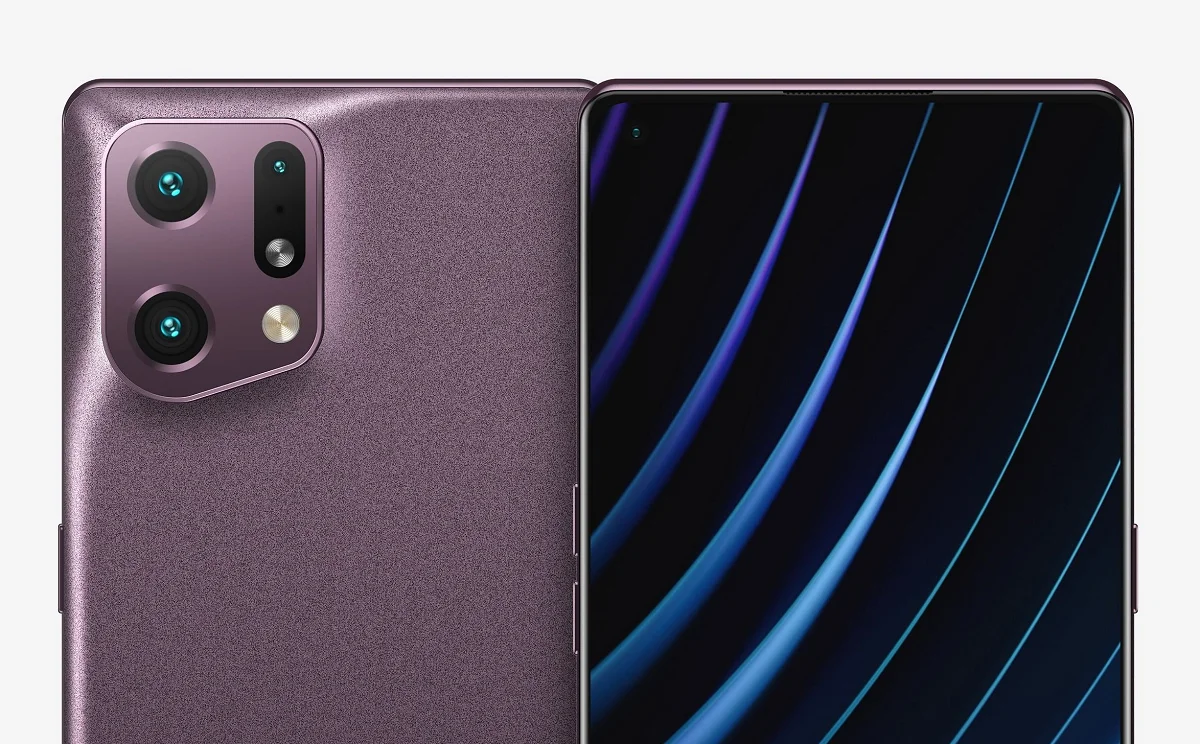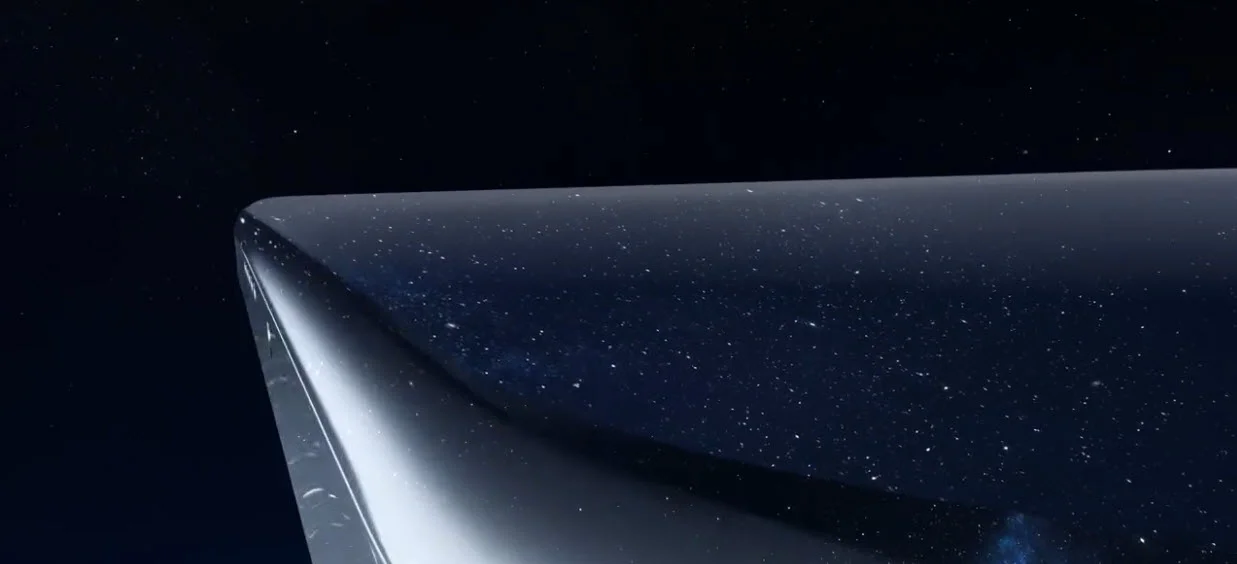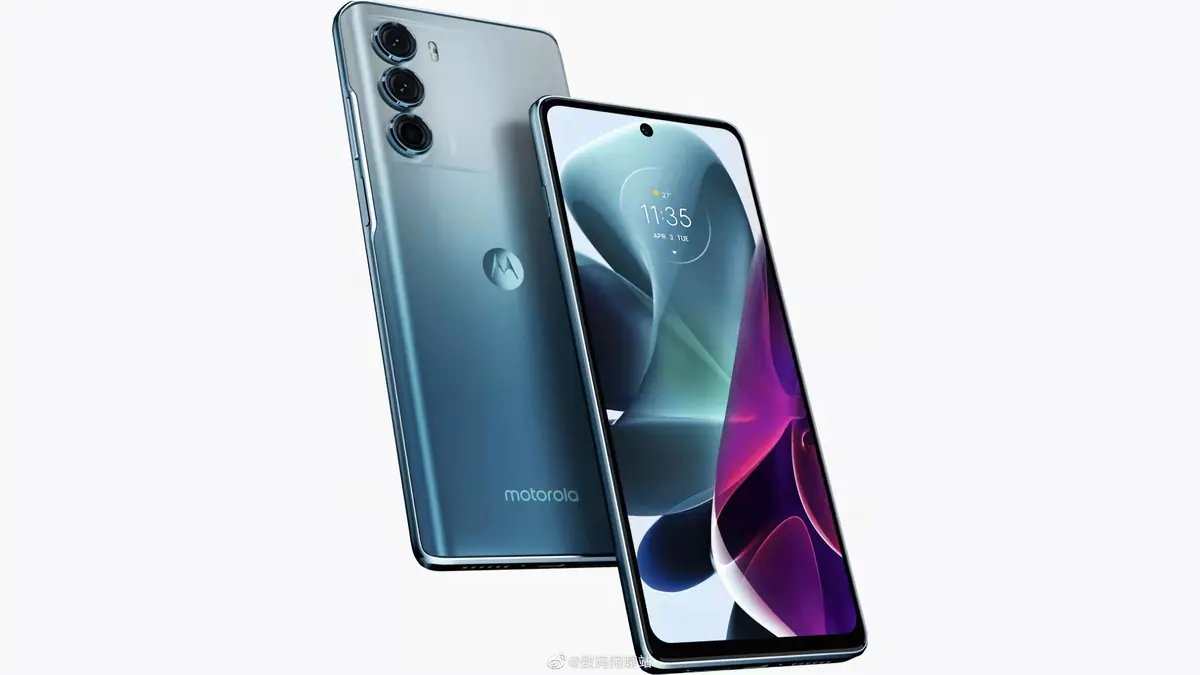Pixel 7 Pro and Pixel 7 are already here. The smartphones that Google recommends to us for the 2022-2023 academic year do not come with revolutionary news, but this does not mean that they do not contain interesting innovations. Yes they do and they look good on paper. The most relevant of all is the integration of the new system. Tensor G2 chipFaster and less energy consuming than before, according to Google itself.
In any case, in this article we are primarily concerned with the photographic features of these new mobile phones, and there are a few innovations in this area that are worth a stop. On the one hand, Google promises us that we have the Pixel 7 the best zoom they have developed so far.
They also claim to have improved their rendering algorithms to recover more details than ever before and drastically reduce noise. computational photography This is one of the hallmarks of the brand, so it was predictable that these mobiles would go a step further in this area. And yes, it looks like we’ll have to wait until we thoroughly analyze them to see if they really meet the expectations they generate.
Pixel 7 Pro and Pixel 7: technical specifications
|
|
pixel 7 pro
|
pixel 7
|
|
screen
|
OLED LTPO QHD+ (1440 x 3120 points) with 6.7 inches, 19.5:9, up to 120 Hz, up to 1500 nits and Gorilla Glass Victus coverage
|
6.3 inches, 20:9, up to 90 Hz, up to 1400 nits OLED FHD+ (1080 x 2400 points) and Gorilla Glass Victus coverage
|
|
processor
|
Google Tensor G2
Titan M2 Security Coprocessor
|
Google Tensor G2
Titan M2 Security Coprocessor
|
|
main memory
|
12GB LPDDR5
|
8GB LPDDR5
|
|
secondary storage
|
128, 256 or 512 GB UFS 3.1
|
128 or 256 GB UFS 3.1
|
|
front camera
|
10.8 megapixel sensor, 1.22 μm photodiodes, optics with f/2.2 aperture, fixed focus and 92.8º field of view
|
10.8 megapixel sensor, 1.22 μm photodiodes, optics with f/2.2 aperture, fixed focus and 92.8º field of view
|
|
rear cameras
|
- Main: 50 megapixel Quad Bayer Octa PD sensor, 1.2 μm photodiodes, optics with f/1.85 aperture, 82º field of view, 1/1.31 inch sensor and optical stabilization
- Ultra wide angle: 12 megapixel sensor, 1.25 μm photodiodes, optics with f/2.2 aperture, 125.8º field of view and lens correction
- Telephoto lens: 48 megapixel Quad Bayer PD sensor, 0.7 μm photodiodes, optics with f/3.5 aperture, 20.6º field of view, 5x optical zoom, high resolution zoom up to 10x and 30x, and optical stabilization
- LDAF (Laser Detection Auto Focus) Sensor & Spectrum & Vibration Sensor
|
- Main: 50 megapixel Quad Bayer Octa PD sensor, 1.2 μm photodiodes, optics with f/1.85 aperture, 82º field of view, 1/1.31 inch sensor, optical stabilization and high resolution zoom up to 8x
- Ultra wide angle: 12 megapixel sensor, 1.25 μm photodiodes, optics with f/2.2 aperture, 114º field of view and lens correction
- LDAF (Laser Detection Auto Focus) sensor, spectrum and vibration sensor, and optical stabilization
|
|
video recording
|
Up to 4K at 60 FPS
|
Up to 4K at 60 FPS
|
|
OS
|
android 13
Pixel Experience
|
android 13
Pixel Experience
|
|
sensors
|
Proximity, ambient light, accelerometer, gyroscope, magnetometer, and barometer
|
Proximity, ambient light, accelerometer, gyroscope, magnetometer, and barometer
|
|
connection
|
USB-C 3.2
|
USB-C 3.2
|
|
Wireless connection
|
WiFi 6E
Bluetooth 5.2
NFC
|
WiFi 6E
Bluetooth 5.2
NFC
|
|
sound
|
stereo speakers
3 microphones
noise reduction
spatial sound
|
stereo speakers
3 microphones
noise reduction
spatial sound
|
|
drum
|
5000mAh
|
4355mAh
|
|
responsibility
|
30W fast charge
|
30W fast charge
|
|
colors
|
Lichen Green, Snow White and Obsidian Black
|
Lime Green, Snow White and Obsidian Black
|
|
dimensions
|
162.9 x 76.6 x 8.9mm
|
155.6 x 73.2 x 8.7mm
|
|
weight
|
212g
|
197g
|
|
price
|
from 899 euros
|
from 649 euros
|
Google Pixel 7 Pro – Unlocked 5G Android Cell Phone with Telephoto Lens, Wide Angle Lens and 24-Hour Battery Life – 128GB – Obsidian
Google Pixel 7: 128GB obsidian unlocked 5G Android smartphone with wide-angle lens and 24-hour battery life
For €649.00 on Amazon today
Biggest promise: Pro’s ‘zoom’ feature has optical quality equivalent to 10x
Before getting into the flour business, it is useful to take a brief look at the cameras offered by these two mobile phones. Pixel 7 Pro and Pixel 7 share the same front camera equipped with a 10.8 megapixel sensor and 1.22 μm photodiodes It works in conjunction with an optic with an aperture of f/2.2.
Interestingly, the front camera of the Pixel 6 Pro includes a larger sensor than that of the Pixel 6, so this unit will be combined in new Google smartphones Benefits Pixel 7yes, it has a slightly higher starting price than before.
Now let’s move on to the rear cameras. The Pixel 7 Pro includes three cameras (main, ultra-wide and telephoto), while the Pixel 7 lacks a dedicated telephoto lens. In this latest smartphone, it is the main camera that is responsible for giving us an idea. zoom of the Up to 8x magnification this, yes, necessarily interferes with digital processing.
The main camera is the same on both mobiles. It includes a 1/1.31-inch 50-megapixel Quad Bayer Octa PD sensor and Contains 1.2 μm photodiodes. This sensor works in conjunction with a lens with f/1.85 aperture (quite bright) and, as expected, this camera has optical stabilization.
The Pixel 7 Pro telephoto lens gives us 5x optical ‘zoom’ and, according to Google, it can achieve an optical quality equivalent to 10x thanks to post-processing.
The ultra-wide-angle camera is also basically the same on both phones. Bet on a 12-megapixel sensor with a 1.25 μm photodiode working in conjunction with an optic with an aperture of f/2.2. Curiously, field of view The optics are not the same as this unit is not the same on both mobile phones. Of course, in both terminals this camera is powered by an algorithm responsible for correcting geometric distortion.
We still need to look at one last camera: the Pixel 7 Pro telephoto lens is powered by a 48-megapixel Quad Bayer PD sensor. 0.7 μm photodiodes It works in conjunction with an optic with an aperture of f/3.5.
This camera has optical stabilization and gives us zoom Even though it’s 5x optical, it also gives us a boost, thanks to post-processing, according to Google. zoom Together Optical quality equivalent to 10x. It sounds great, but when we test this smartphone we will have to carefully check whether the latter is of good quality. zoom really equal.
The strategy developed by Google engineers to implement this intriguing thing zoom According to this brand, Pixel 7 Pro, which has a comparable quality to another, zoom 10x optic consists of: use at the same time main camera and telephoto lens.
After the sensors of these two cameras have collected the two images, an algorithm executed by the Tensor G2 processor takes care of it. combine information from both fields in order to recreate zoom just out of reach of telephoto optics.
Those responsible for Google agree that this technique zoom 10x the Pixel 7 Pro takes a lot of information and minimizes the noise level without creating chromatic aberrations. No doubt it looks good, but no matter how complicated this image reconstruction procedure is, we should not overlook the fact, is a digital systemand certainly not from an optical solution.
As we have seen, zoom the lens of this smartphone five magnificationsbut once we get this terminal it will be very interesting to test all its features.
The Tensor G2 chip is the brains of the computational photography of these mobile phones.
As we just saw, the Tensor G2 processor and computational photography algorithms play a central role in the implementation of both. zoom 10x/30x of Pixel 7 Pro and 8x of Pixel 7. However, the innovations of these phones in the field of photography do not end there. Pro model allows us to take macro photos optimizing dynamic range and focusing at a minimum distance of 3 cm.
Pixel 7 Pro allows us to take macro photos by optimizing the dynamic range and focusing at a minimum distance of 3 cm.
Also, during today’s presentation, Google spokespersons highlighted the fine-tuning of a trailing post-processing algorithm. give as faithfully as possible the skin tone, texture and detail of the persons photographed without changing their ethnic characteristics in the slightest. According to Google, the combination of True Tone and Night Vision technologies manages to accurately restore any person’s skin tone even in areas with little ambient light.
However, the scope of action of the Tensor G2 processor does not end there. This chip is also powered by trained machine learning procedures. increase sharpness Minimize blur and noise.
This technology apparently identifies the faces of people who appear in the footage. get as much detail as possible Even with old photos stored in Google Photos that weren’t taken with the Pixel 7. It doesn’t sound bad at all. We’ll see how it performs when we get a chance to test this feature.
Google Pixel 7 Pro – Unlocked 5G Android Cell Phone with Telephoto Lens, Wide Angle Lens and 24-Hour Battery Life – 128GB – Obsidian
Google Pixel 7: 128GB obsidian unlocked 5G Android smartphone with wide-angle lens and 24-hour battery life
For €649.00 on Amazon today
More information: Google
















